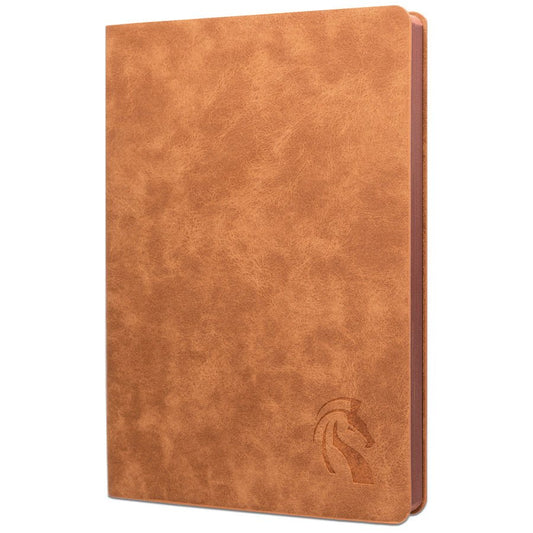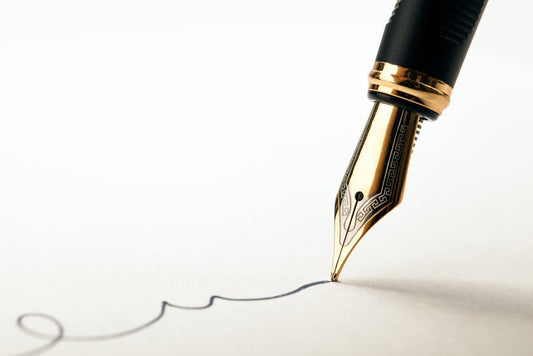
Nowadays, it seems that everyone is cultivating a “gratitude” practice - but what do they mean by that, and does it offer any genuine benefits? To help you gain a clearer picture, here’s the ultimate guide to gratitude.
What is Gratitude?
In the simplest terms, gratitude is a practice during which you are actively thankful and appreciative of whatever may be in your life.
Gratitude has been proven to have several advantages for your emotional and mental wellbeing, as well as your physical health!
What are the Benefits of a Gratitude Practice?
According to a number of studies, cultivating and building a gratitude practice into your everyday life can have a huge number of benefits! Let’s explore some of these in greater detail.
Consider these benefits:
1. Boost your immune system. As well as helping to boost and strengthen your overall mood and sense of wellbeing, a regular gratitude practice has been shown to reduce stress levels.
● When stress is present, our immune system is less ready to tackle any potential threats, and this can leave us vulnerable to illness and disease.
● Reduced stress, however, increases our immune response and can also help to keep your heart in great shape - practicing gratitude can play a part in reducing your risk of heart failure and disease.
● In other words, by keeping your mental health strong and healthy, you are also helping your body stay fit and well.
2. Uplift your mood and outlook on life. Gratitude can play a large role in reducing symptoms of both anxiety and depression, as well as boosting your feelings of wellbeing.
● As a bonus, gratitude helps to boost your overall outlook on life, helping you to feel more optimistic about both your present-day life and the bright future brimming on the horizon.
● Gratitude allows you to feel more satisfied with your life and allows you to be happy with less - both of which are important for happiness.
3. Strengthen your relationships. Cultivating a regular gratitude practice is also beneficial for your relationships.
● Gratitude can make your existing relationships stronger and help you to form new relationships more effectively, allowing you to appreciate the smaller things that others do for you and that you can do for them.
How Can You Build a Gratitude Practice?
Incorporating a gratitude practice into your everyday life does not have to be difficult!
Add small rituals to your daily routine that help you to feel gratitude, such as:
1. Notice the little things. You can cultivate gratitude simply by noticing the little things. Each day pick three things that you’re grateful for. Whether it’s a good cup of coffee, the sight of your pet, or even just a sunny day, this helps to train your brain to notice the small things.
● When you notice things that make you feel joy - even for a moment - you’ll naturally feel gratitude.
2. Start a gratitude journal. Take a few moments each night to list the things that you’re grateful for. This will force you to think about and acknowledge them and help you to get familiar with the feeling of gratitude.
Final Thoughts
Building gratitude is like training any muscle - the more you practice, the stronger the ability will get. Before you know it, you’ll be incorporating gratitude into your daily life automatically - and it will become the best habit you will ever develop.

Start Journaling With LeStallion Premium Journals
LeStallion Soft Cover PU Leather Journals inspires and excites you to write more, allow you to further grow and develop, so you may achieve your goals and dreams!
SEE THIS JOURNAL













